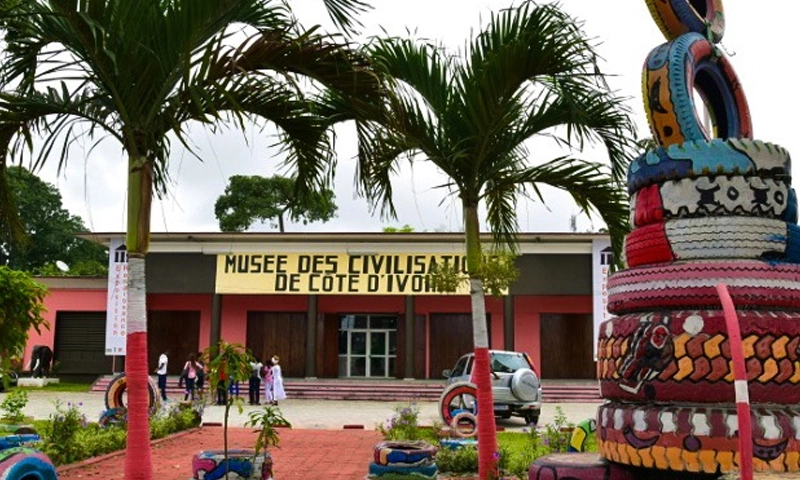- AFP
- 5 Hours ago

Dr Azra calls for integration of contraceptive, post-abortion services in healthcare
-

- Web Desk
- Oct 30, 2024

KARACHI: Sindh Health and Population Welfare Minister Dr Azra Fazal Pechuho has called for prioritizing the integration of contraceptive and post-abortion care services in health facilities across Pakistan.
Speaking at the launch of the Population Council and Guttmacher Institute’s report, “Safeguarding Women’s Health: Trends, Inequities, and Opportunities in Pakistan’s Abortion and Post-Abortion Care Services,” Dr Pechuho said, “Lack of counseling is a major contributor to unsafe abortions. It is essential to educate people on contraceptive options and ensure they are widely accessible.”
Dr. Pechuho underscored the importance of increasing the number of community health workers, noting that their shortage limits the quality and reach of healthcare. She also raised concerns about the National Finance Commission (NFC) Award, suggesting it should incentivize health improvements by rewarding provinces with strong health indicators.
She added that Pakistan’s policies regarding abortion and maternal health should be aligned with World Health Organization guidelines to improve care quality. “Rising maternal mortality due to unsafe abortions is a pressing issue, and accessible, safe reproductive healthcare must be a priority,” she stated.
The event presented findings from the Population Council’s national study, highlighting critical gaps in reproductive healthcare. The study estimated that in 2023, 66 per 1,000 women of reproductive age (15-49) had an induced abortion, with 21-30 percent experiencing complications, underscoring serious shortfalls in post-abortion care. While abortion-related complications have decreased from 13.9 per 1,000 in 2012 to 11.7 in 2023, disparities persist, especially for rural and low-income women.
The report was launched as Pakistan faces significant reproductive health challenges, including a 2.55 percent annual population growth rate and stagnant contraceptive use. An estimated 17.3 percent of women report an unmet need for family planning, leading to high rates of unintended pregnancies and unsafe abortions.
Population Council Country Director Dr Zeba Sathar highlighted that while Pakistan has made healthcare advancements, ensuring women’s access to family planning and safe reproductive health services is critical. “Empowering women with access to family planning and safe healthcare services is essential for improving health outcomes and advancing social and economic progress,” she said.
The event also included a panel discussion, “Safeguarding Women’s Health in Pakistan,” moderated by Dr Yasmeen Sabeeh Qazi, CEO of QZ Catalyst. Panelists, including Prof Dr Azra Ahsan, President of the Association for Mothers and Newborns (AMAN); Prof Dr Nusrat Shah, Vice Chancellor of Shaheed Mohtarma Benazir Bhutto Medical University; Dr Bushra Liaqat, Head of Department at Kohi Goth Hospital Karachi; and Ms Sara Malkani, Reproductive Health Rights Legal Adviser, discussed barriers to reproductive healthcare and the stigma surrounding abortion, calling for education, healthcare reform, and policy advocacy to create a safer environment for women.
Also read: Study reveals alarming gaps in abortion care, reproductive health services
A session titled “Unintended Pregnancies and Abortion Care-Evidence from Pakistan” featured a presentation by Dr Zeba Sathar, who shared global insights on unintended pregnancies and the need for comprehensive reproductive health services in Pakistan.
She reported that 3.8 million abortions occur annually in Pakistan, with the study recommending that all health facilities be fully staffed and equipped according to national guidelines for uterine evacuation and post-abortion care.
Provincial representatives from Sindh and Balochistan also participated in a panel moderated by Begum Shahnaz Wazir Ali, Vice Chancellor of SZABIST University.
Sindh Population Welfare Secretary Hafiz Abdul Hadi Bullo highlighted that promoting family planning could reduce abortion rates, while Balochistan Population Welfare Secretary Abdullah Khan discussed efforts to introduce child marriage restraint legislation and expand family planning services at the community level.
The event highlighted a shared commitment to strengthening reproductive healthcare in Pakistan, underscoring the critical role of collaboration among government bodies, international partners, and health organizations in addressing urgent health needs for women across the country.





